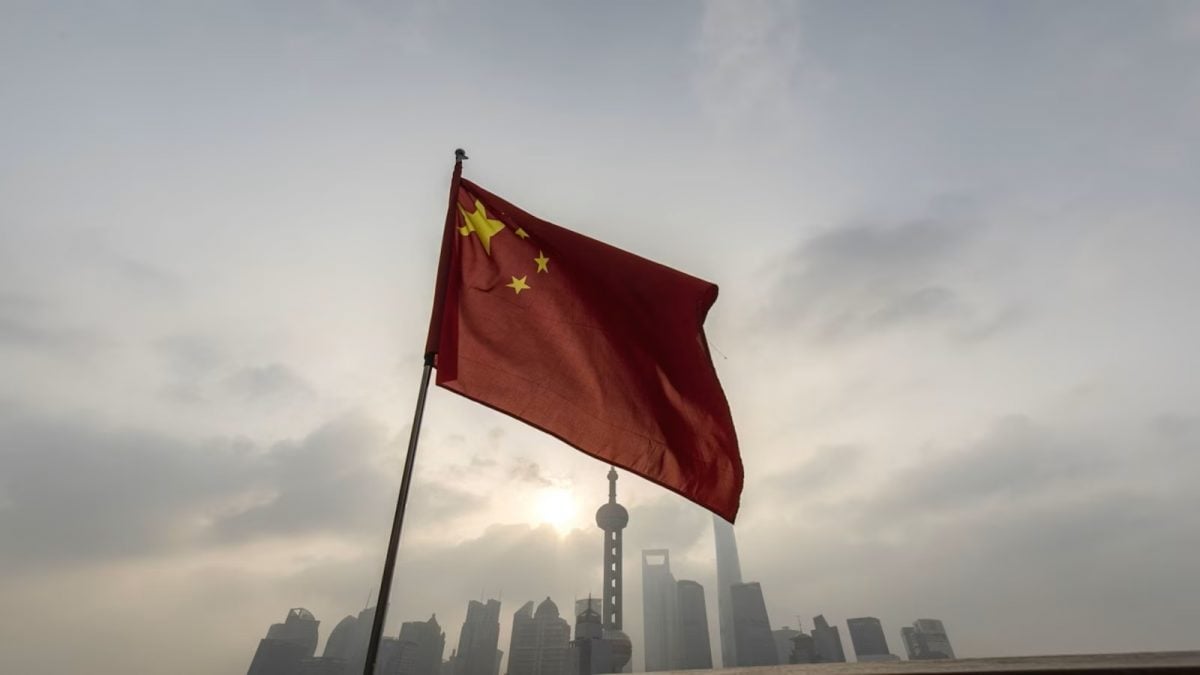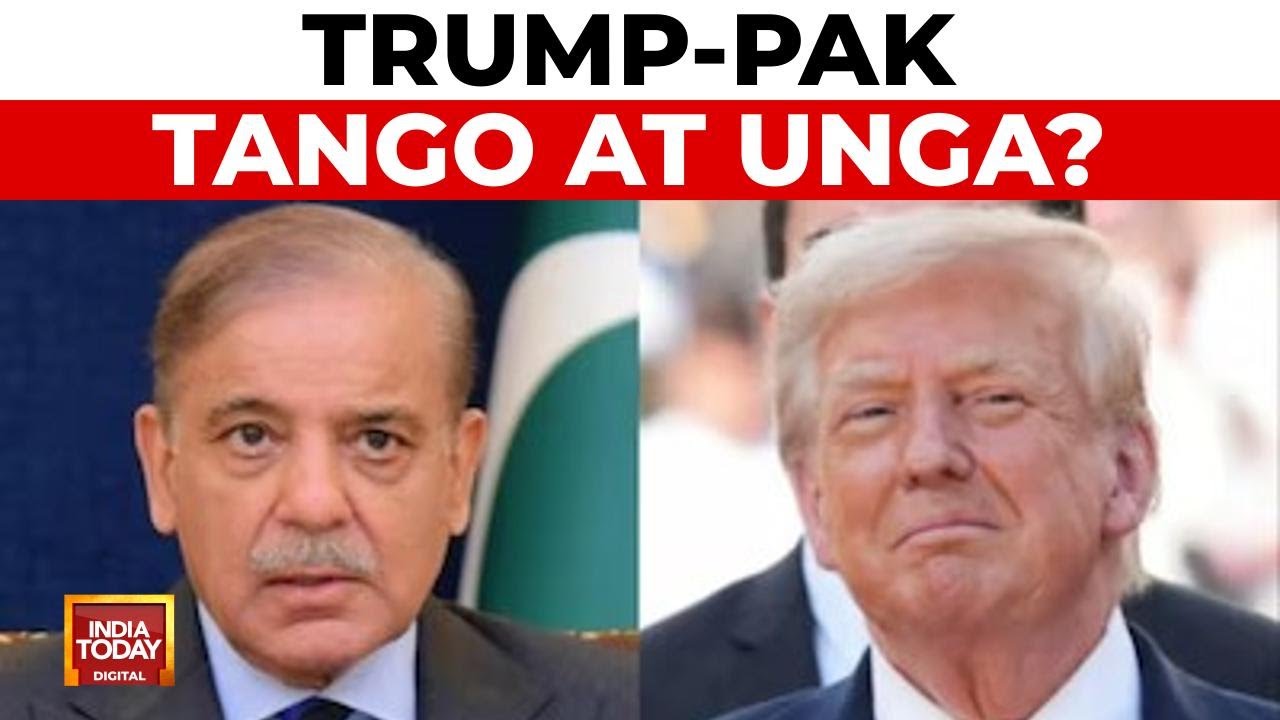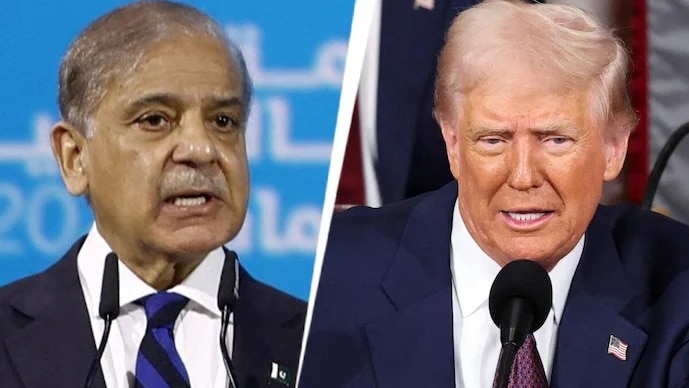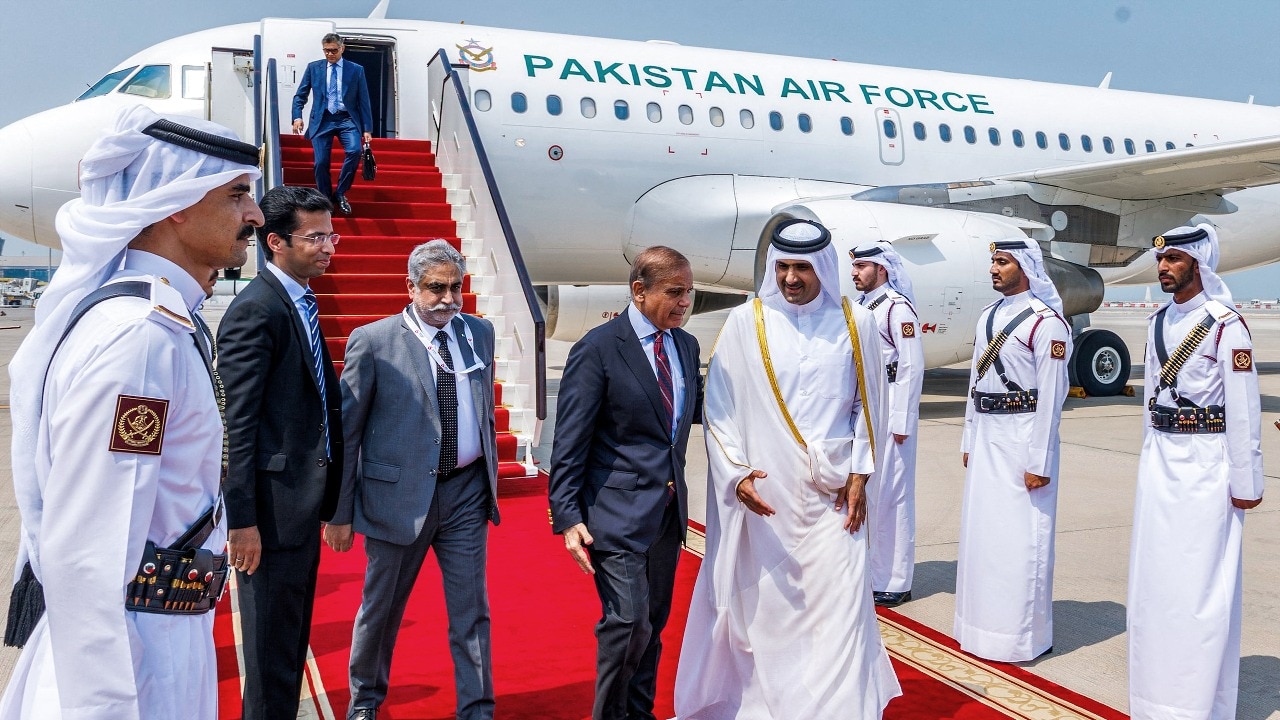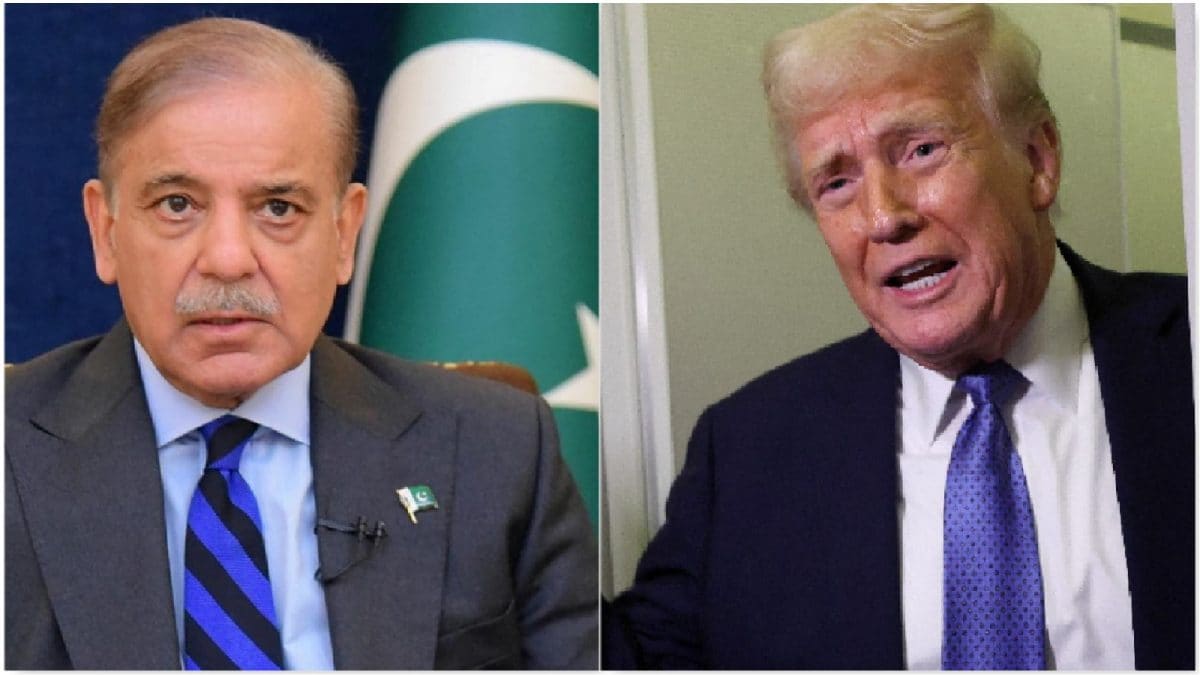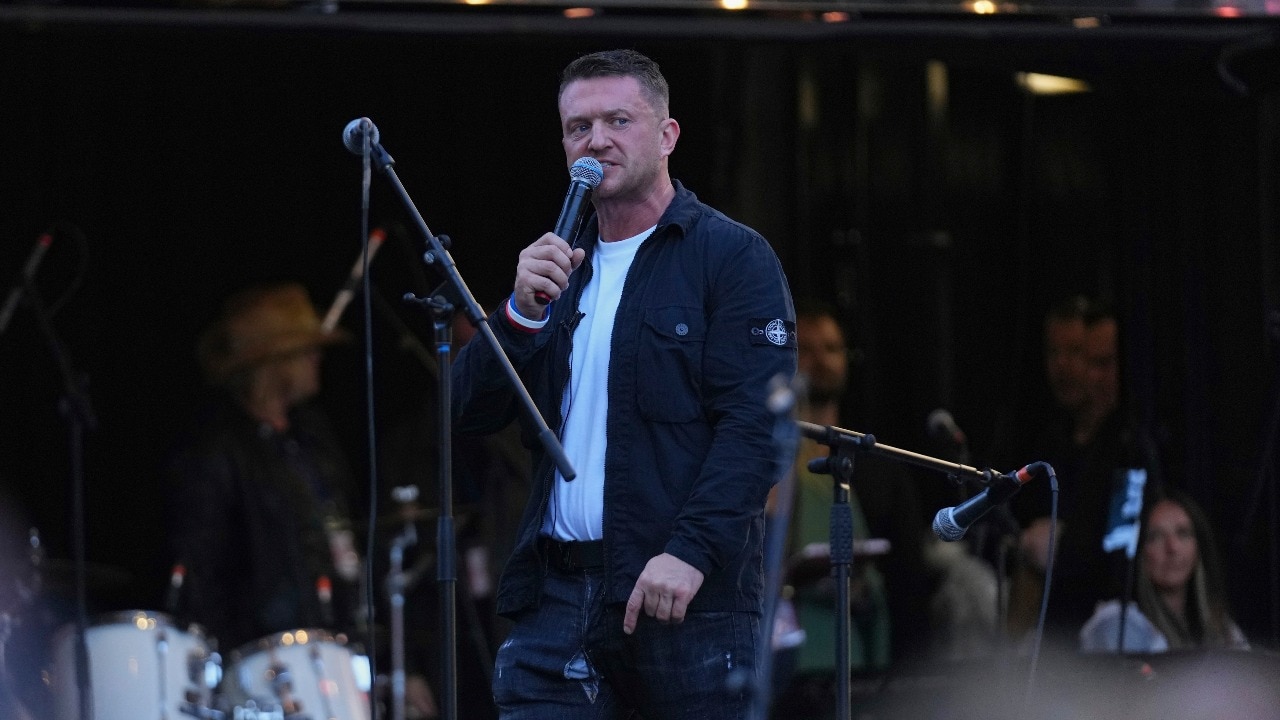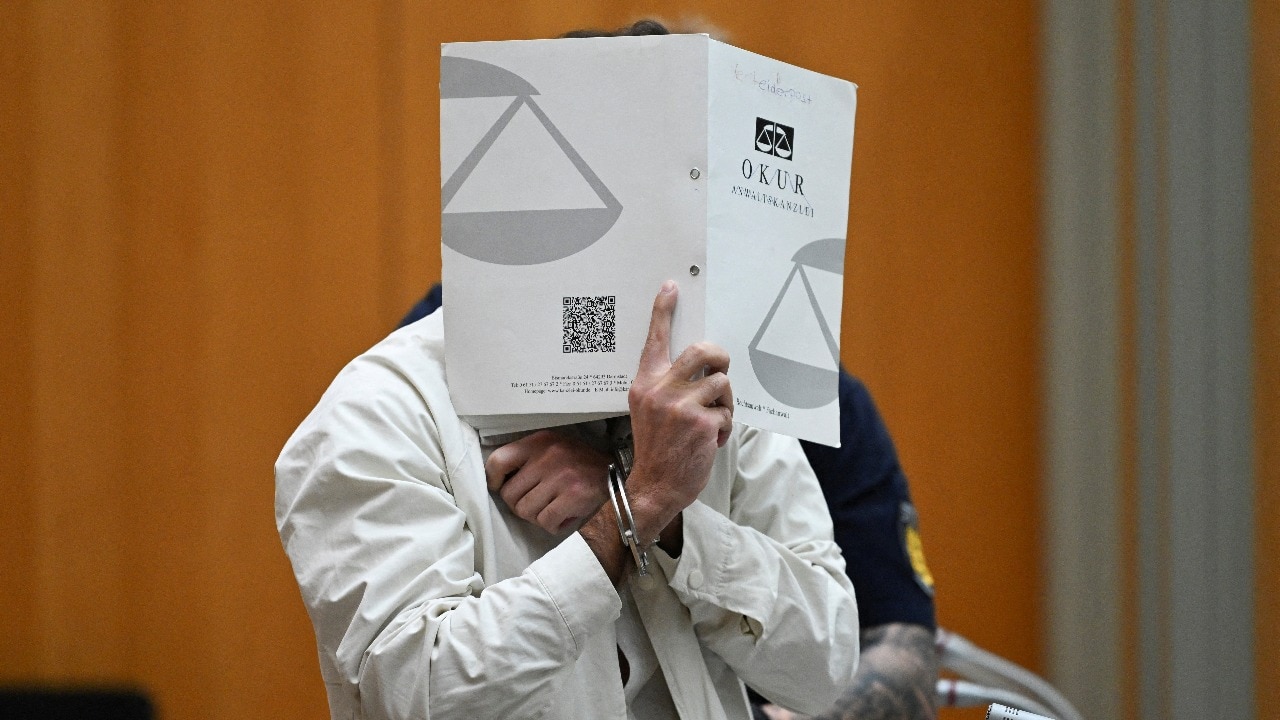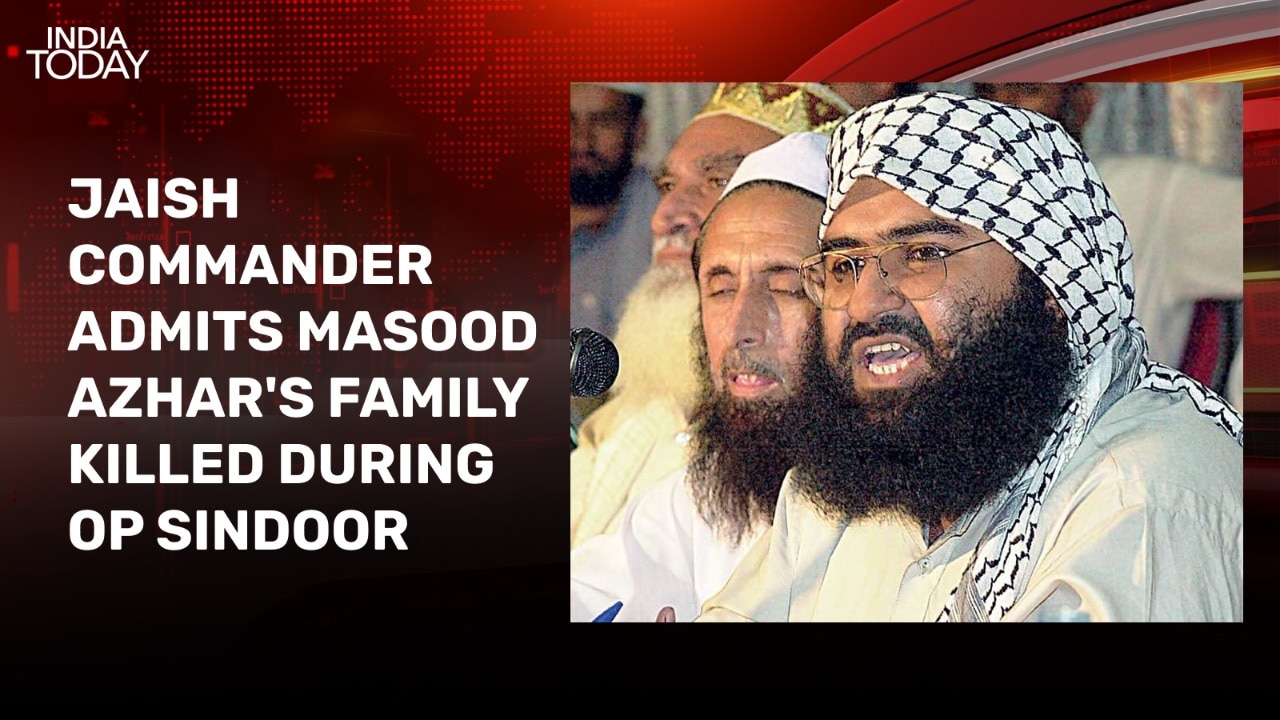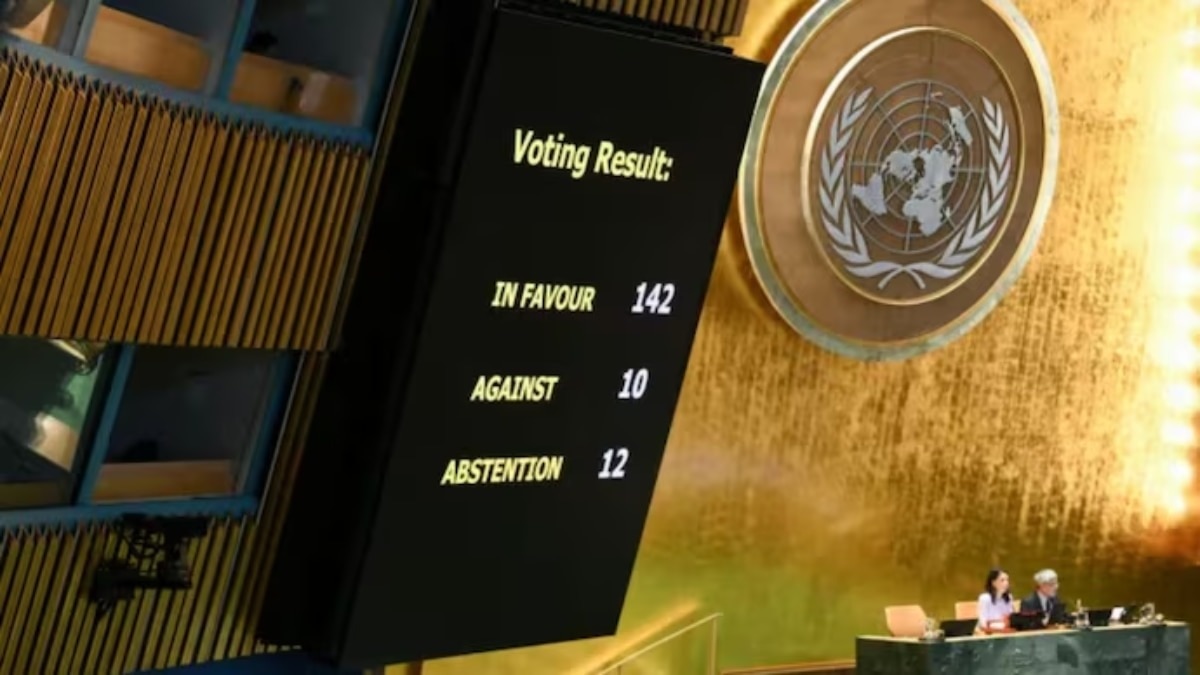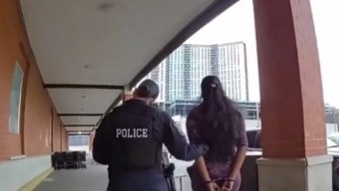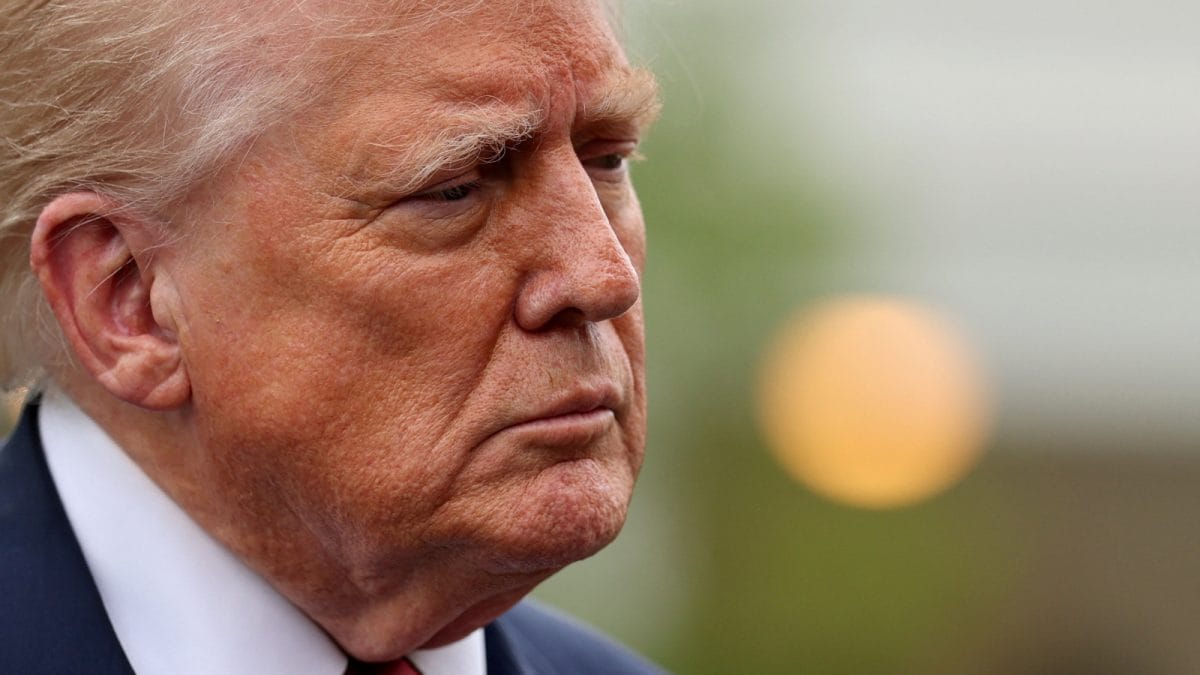Iran warns it may leave the Nuclear Non-Proliferation Treaty if European sanctions are reimposed. Ahead of critical talks with Britain, France, and Germany, Iran's deputy foreign minister says snapback sanctions could end Iran's nuclear restraint,

Iranian officials say they are open to ideas that would stop more sanctions. (Photo: AFP)
Iran has threatened to leave the Nuclear Non-Proliferation Treaty (NPT) if new sanctions are brought back by European countries. This treaty, signed in 1970, is a principal international agreement meant to keep nuclear weapons from spreading and Iran is one of its members.
Speaking to reporters, Iran's Deputy Foreign Minister Kazem Gharibabadi provided the update. He was preparing for a crucial meeting with Britain, France, and Germany, which is set to take place this Friday in Istanbul. These three European nations are part of the 2015 nuclear deal, which the United States left under President Donald Trump’s administration.
The European countries are considering using a "snapback" rule in the 2015 deal. This rule would bring back sanctions on Iran if no progress is made by August in limiting its nuclear activities. The original deal eased sanctions in return for Iran limiting and allowing checks on its nuclear program, which Iran says is peaceful.
Gharibabadi said despite internal calls to leave the NPT, especially after Israel and US strikes on Iran's nuclear sites, Tehran has stuck to the treaty for now. But he warned, "But, I’m quite confident that if the snapback is triggered, Iran will not show more restraint in this regard."
If Iran does leave the treaty, it would be only the second country to do so, after North Korea in 2003. Although North Korea’s withdrawal has never been formally accepted internationally.
TENSIONS RISE AHEAD OF TALKS WITH EUROPE AND US
Iran’s warning comes as the US tries again to establish nuclear deal with Tehran. The two sides held several rounds of talks before Israel launched surprise attacks on Iran in June. Gharibabadi said on Wednesday, "the sooner, the better" about restarting negotiations with the US. However, he warned the US against using talks as a cover for military action.
"Shall we have confidence and trust in the United States again? They should gain the confidence of Iran and come with honesty to the table of negotiations in this regard," Gharibabadi said.
Gharibabadi and Iran’s Foreign Minister Abbas Araghchi are hoping that sanctions and treaty withdrawal can be avoided through "diplomacy and negotiation." Gharibabadi stressed that Europe should act independently and not follow the US lead.
"We have always valued our meetings with the European countries. But there is an important issue: I think we have always told them that the policies of the European countries should be independent," Gharibabadi said. "They should not coordinate their positions with the Americans." He added, "If this is the case, why should we negotiate with the Europeans when we can negotiate with the Americans?"
Iranian officials say they are open to ideas that would stop more sanctions and avoid making the situation worse.
In a sign of cooperation, Gharibabadi revealed that a team from the Atomic Energy Agency (IAEA) will visit Iran in a few weeks. This is the first time inspectors have been allowed back since recent conflicts between Israel and Iran. However, he noted the visit will be limited to discussions about what the inspectors will be allowed to see, not visits to nuclear sites. Iran feels betrayed by the IAEA’s leadership.
Iran has been insisting that its nuclear program is peaceful. But it has enriched uranium to levels with no civilian use, blocked inspectors, and expanded missile capabilities. Israel has warned that Iran is moving closer to making nuclear weapons.
- Ends
With inputs from Agencies
Published By:
Satyam Singh
Published On:
Jul 24, 2025

 1 month ago
1 month ago


